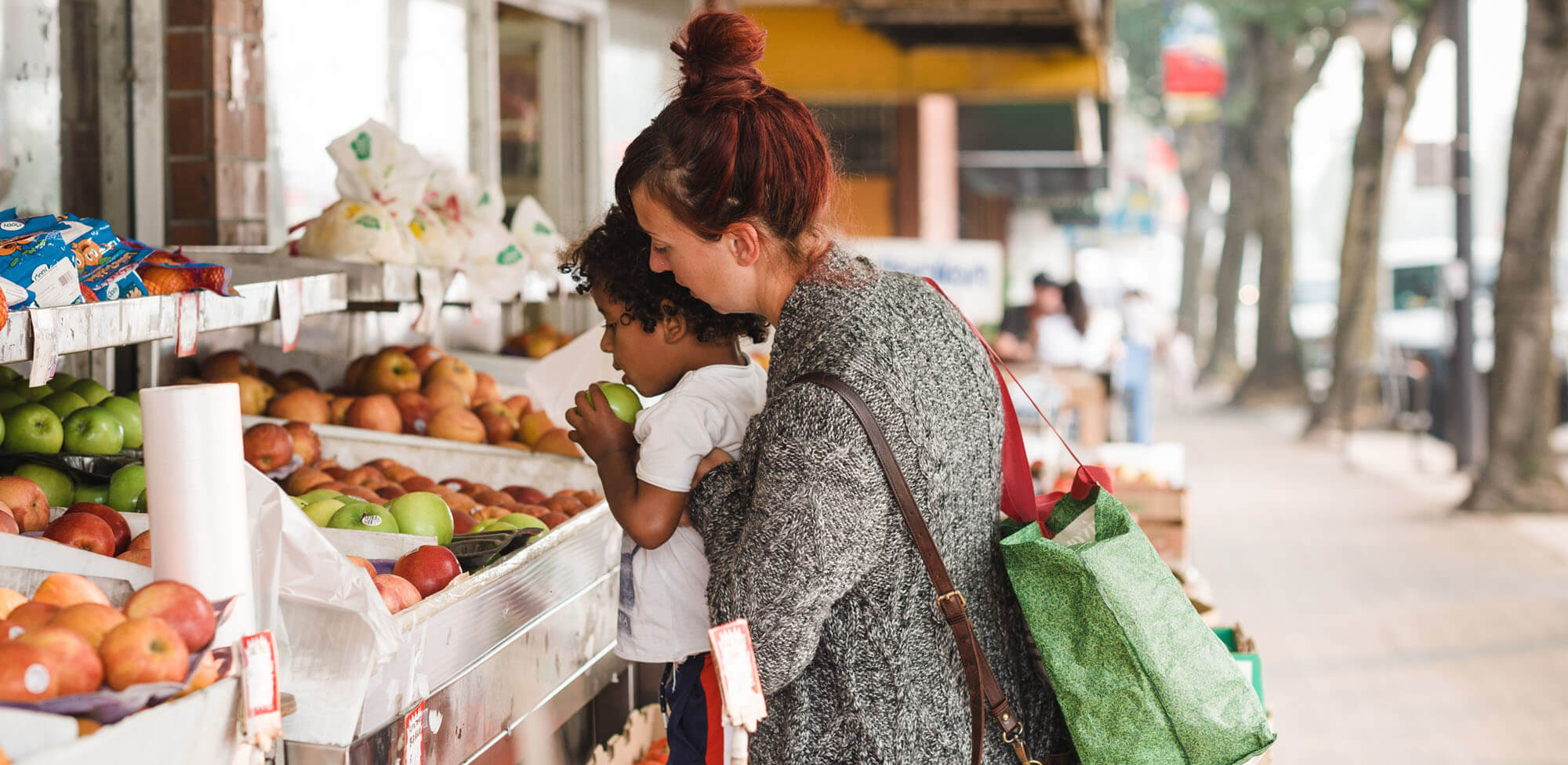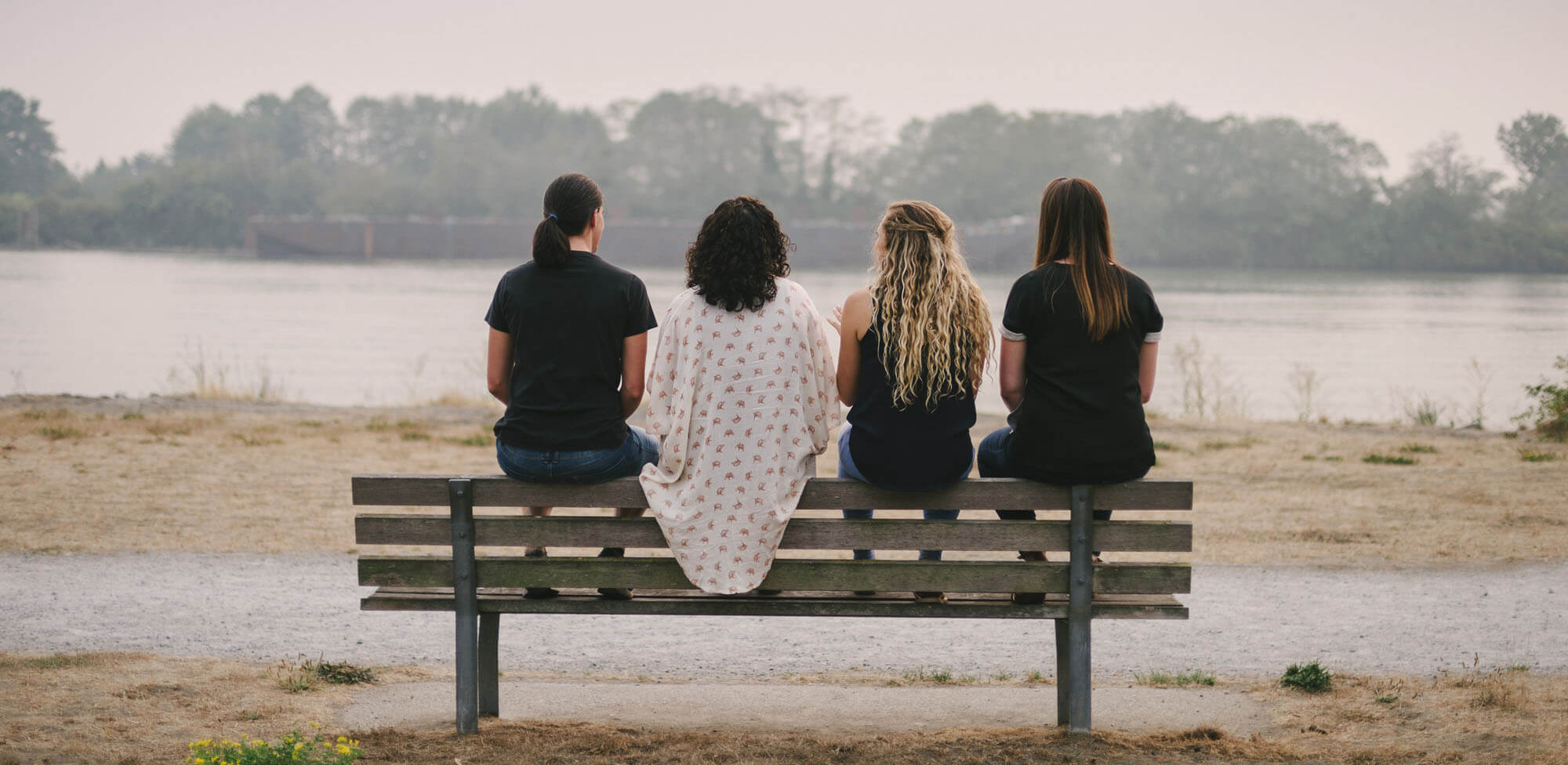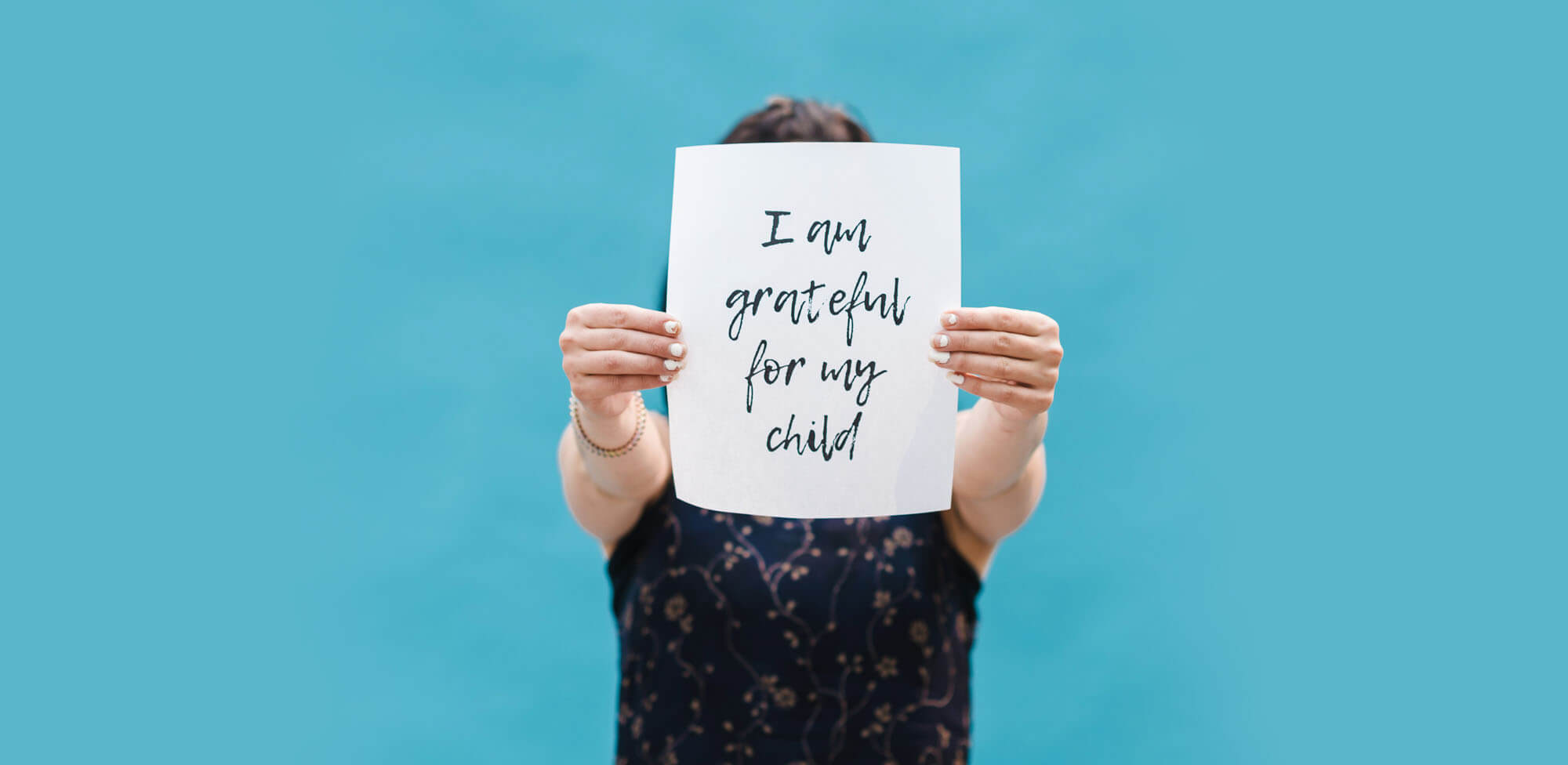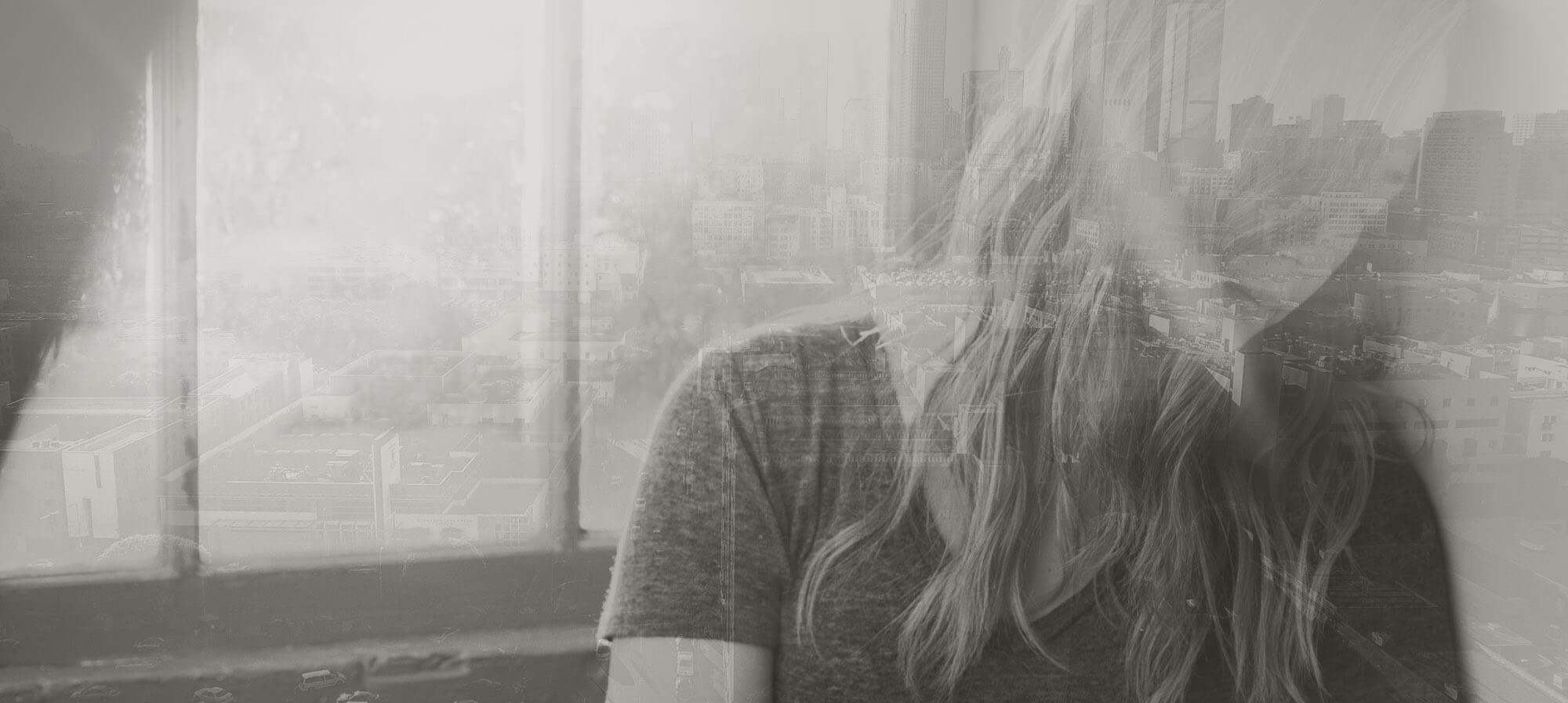

|


|

Young women start by exiting sexual exploitation and move into front-line housing. In this supportive context participants develop basic living skills. This unique house encourages independent living in a roommate environment. Each participant has their own bedroom and can come and go from the house freely, while respecting house rules and curfews. A volunteer house director lives in the home and provides supervision and direction, as the home is intended to be a place of healing for those committed to recovery. The volunteer house director position is a vocational calling. Such position is critical to the overall impact of the program as it speaks a message of love to the young women that someone is willing to share their lives with them on a voluntary basis. This phase of programming lasts up to one year.
The objective of this level of housing is to increase participants’ responsibility and freedom within a monitored environment. There is a Housing Support Worker on site, whose job is to ensure the overall safety and security of the home and to offer problem-solving assistance as needed. Participants at this level no longer require a curfew or approved overnights as they are now capable of self-regulation. Their responsibility will increase in that they will organize and facilitate their own house meetings for problem- solving and chore rotation, and they will each take turns managing the monthly housing budget to purchase house supplies. This level of housing is particularly useful for participants as it gives them support while they transition into independent living, either in Phase III housing or in their own apartment.
The objective of the Independent Housing structure is that participants either move into Phase III housing or move into an apartment in the community at large once they have reached all the markers to ensure a successful transition to independent living.
The markers that indicate a participant is ready for independent living include the following:
The SA Program Model provides a home-like environment where live-in volunteers share their lives with program participants as if they were their own family members. This vocational position makes a huge statement to program participants: those who live with them choose to do so without pay, just because they love to spend their lives with them. This is much more meaningful and effective than having staff that go off-shift, leaving the participant behind for the day. This is the added touch that makes the SA Program Model a place where lives are healed.

“This place has helped restore my self worth, my confidence, relationships, my emotions. I don’t think I would be sober or the parent I am today without this place.”
—P. (Participant)
Our unique curriculum is delivered through facilitators, and an engaged community who is committed to walking through recovery and life together with each participant.
The SA Program Model is designed to meet the specific recovery needs of sexually exploited/trafficked youth and women. This population faces very different recovery issues than others (i.e. domestic abuse). It is well known throughout the recovery industry that sexually exploited/trafficked youth and women have the highest amount of barriers to overcome. Such barriers include childhood abuse and abandonment, addictions, educational and employment gaps, learning disabilities, fetal alcohol syndrome/effect, and trauma experienced while in the sex trade (which has been assessed to be at the same level as soldiers returning from war). Programs are offered in a non-clinical atmosphere to facilitate the building of relationships and community – two components essential to connecting and integrating this population to the community at large. In addition, intakes are performed on a continuous basis (i.e. potential participants do not need to wait for the next program cycle to begin) because SA has found that there is a small window of opportunity to get these young women attached to a program once they make the initial decision to seek recovery. The program curriculum is also structured to allow entry at any point.
The SA Program Model is designed to offer services to both trafficked youth and women and local sexually exploited youth, women and their children. Even if these youth/women do not speak the language of the country in which the program is located, SA programs offer a specialized program where the program delivery is tailored to the needs of the individual. The program emphasis for trafficked women is on learning language skills, dealing with their legal/status issues, and then on their recovery issues. The programs are delivered through community contacts and volunteers under the supervision of a qualified staff. The specialized program is also made available to participants that are sick (terminally or otherwise), that have special learning needs or that are Fetal Alcohol Syndrome or Effect. Participants in the specialized program still participate in certain classes within the Day Program, however because of their illness or disability they also receive other programming as needed.
As part of the recovery program, the ASK Learning Centre is the daytime program provided to participants from Monday to Friday, 10AM to 4PM. All participants in the program are required to attend the ASK Learning Centre for 1 year to 18 months. The objectives of the program are that participants will be equipped to:
The day is divided into 2 segments:
Morning classes focus on Skill Development Levels I and II and include training in sewing, jewelry design, social media & marketing, computers, employment readiness and academics. A training grant for program participants is paid for this portion of learning.
Afternoon classes are focused on recovery and healing through courses such as relapse prevention, practicing the 12-steps, self-esteem, parenting, anger management, etc. This is accomplished through delivery of recovery curriculum in short, interactive classes and recreational and educational outings.
Once participants have reached Level II of the Skill Development program, they will be provided with additional training to be able to create products for sale in the SA Foundation’s Global Wonders initiative. If participants no longer wish to sew or take computers at this time, they can swap them for educational upgrading if their goal is to pursue post-secondary education. Afternoons in the recovery programming are still mandatory in this level.
The onsite parent support centre is a necessary program component as it fosters a healthy mother and child attachment and provides a loving, non-judgmental environment for mothers and children to grow and heal.
The purpose of the centre is to:

“This Program has helped me find myself again and with that comes confidence. I’ve realized that my past does not define me or put limits on what I can achieve. The skill development and education classes have prepared me in so many ways, and now 20 Years later I am going back to school! I’m excited as I know now I have a hope and a future.”
—A, (Graduated Participant)
Freedom involves more than escaping harm, it means access to education, it means economic empowerment and it means the ability for her to be able to consistently provide for her family. This is true freedom!
Our Skill Development and Education Program offers each participant a unique training platform, where they get to develop transferable and practical life skills towards their economic stability and freedom. This is essential for each woman to succeed in seeing their life rewritten.
For most participants this is their first introduction into a work environment. We cultivate an environment where professionalism is developed from the first day. This removes the fear they may have around school or work, since it is likely they were never given the opportunity to progress or succeed in these settings from an early age. We know each individual will have many barriers to reintegration because of this lack of access to education from the beginning of their life.
At each level the women are financially compensated, promoting real work experience and helping them to sustain their family each month, so they don’t have financial fear compromising their journey of recovery.
In under developed and developing nations where we work there is no financial assistance from the government to the women, therefore the SA Foundation is committed to stand in this gap to ensure they are provided for and all their needs are met. We understand that often there is no one else to do this for them, which compromises their safety and freedom.
The goal of this training level is to assess our participant’s needs for learning, while giving them the opportunity to practice new skills. This part of the day program allows them to develop routine and we observe small changes in character and behavior as they learn how to interact with others and maintain the healthy boundaries and structures set for professionalism to grow.
Working with their hands is therapeutic, especially as they have extremely high levels of Post-Traumatic Stress Disorder (PTSD), so classes such as sewing and jewelry making can be great platforms to start this healing process and development. We also provide computer skills and academic/language classes at this stage.
After they have completed their recovery programming, and development in character and skills are evidenced, participants can progress to the next level of equipping and training.
Once participants have demonstrated competency in basic skills to be promoted to Phase II Job Training, their program focus will shift. They should no longer be part of the recovery programming, except to continue working on their 12-Step program and working with the Program Director on their future goals, etc.
When they are in Phase II they are more considered an ‘employee’ versus a participant, with the understanding that they could still have some employability skills to work out. Phase II is the bridge between recovery and the outside world and our goal is to set them up for success.
In this phase, they will be paid a fair wage for the work that they produce. This pay should reflect their level of training and responsibility. They may also begin pursuing educational upgrading.
We want every participant to be set up for success once living in the community. This means they are economically empowered to live financially free, where they are able to provide for themselves and their child without being forced back into a life of slavery. This is why we at the SA Foundation are committed to stay and journey with each woman to offer long-term services (upwards of 7 years), to help them overcome the many barriers they face to become financially independent and a contributing member of society.

“I now have boundaries and standards that I have control over. I love this community that supports and cares for me and my son.”
—C, (Participant)
Followcare:
The Followcare Program is provided to all past participants and provides the follow-up and care they need to be successful in the community at large. Invitations to events are extended, one-on-one care is provided and opportunities to lead classes and/or sponsor new program participants are created. In the case of participants who have transitioned out of the program before graduating, Followcare is offered if and as deemed appropriate.
Servant-Leadership Program – Extra-Curricular:
Once participants have graduated from Phases I and II of the program, they may choose to apply to the organization’s Servant Leadership Program. This level of programming is made available to participants who demonstrate a heart of service and a desire to give back to the program that helped them achieve their goals. This program prepares participants to join the staff of the organization in a paid or unpaid position and may include facilitating classes in the recovery day program and/or sponsoring new participants that are at the beginning stages of their recovery. This program also prepares participants to become Honourary Servants and is the stepping stone for them to become the leaders of tomorrow for the organization, enabling them to be a voice and helping hands to those still sexually exploited/trafficked at national or international levels.
The SA Program Model offers services not only to sexually exploited/trafficked youth and women, but also provides space for their children. While services are not directly given to these children, mothers are able to bring them into the housing and day program facilities and receive support and guidance while parenting. By supporting these youth and women in their parenting, the SA Program Model is equipping them to stop the cycle of abuse in the lives of their children and to recover as a family.

“My daughter actually holds me accountable now because of the values she has seen in me and what I have replicated into her from the time she was a baby. These values and behaviours were developed during my recovery within the SA Program and onwards. If she sees that the standards I have set are not being adhered to, she challenges me to correct my behaviour! She continues to make me want to be a better person.”~ T, (Graduated Participant and Staff at the SA Foundation)
We can only replicate what we have been shown and taught.
The heart of what we do at the SA Foundation, as we journey with these broken and hurting women, is to see them restored and to be able to replicate their rewritten stories (new skills, beliefs and behaviors) into their children’s lives. Through their recovery journey each woman has been given the tools to do life differently than what their past experiences have taught them. For generational change and to stop the cycle of enslavement these moms must replicate all they have learned into their child’s life for there to be a new positive cycle started. This is the way these women actually become generation changers.
At the SA Foundation we support each woman’s ability to parent from day one, knowing these are tools they have never been shown or taught. We do this through classes on parenting skills, but also through demonstration. We share with them the tools they will need through showing them patience, kindness and mercy within an environment where love, respect and appreciation for all life is cultivated. These beliefs and behaviors are illustrated through our communities’ core values, our conduct, our words, our faith, our love and our ability to show grace. This environment and modeling give them a personal experience of these values and behaviors in action, which they can then implement in their own life. It also demonstrates to them what committed community and family look like, helping them to model and reflect that for their own child.
The hope we hold for every woman is that through the SA Program Model they would know their value and purpose, parent in a way that breaks the cycle of enslavement and have the ability and desire to replicate what they have learned to others.

Provide safety for herGive today Give today |